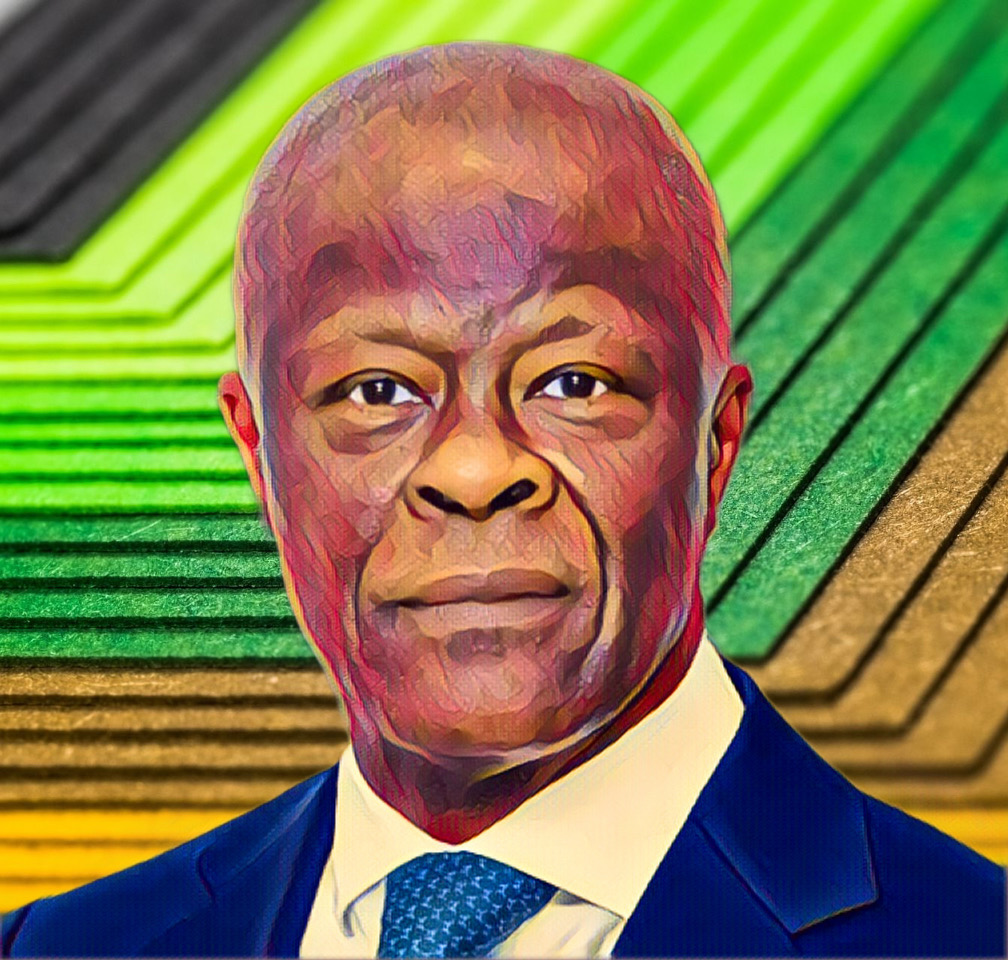KEY POINTS
- Nigeria now has a marketbased foreign exchange rate and liberalised oil prices.
- They are essential to attracting investment; creating jobs; and reducing poverty.
- These changes are fundamental to long term growth, according to Minister Edun.
Finance Minister Wale Edun says Nigeria’s economic reforms are on track and there are clear signs that they’re showing signs of sustainability and success.
At a ceremony to welcome the newly appointed Minister of State for Finance, Dr. Doris Uzoka-Anite, in Abuja, Edun said the changes in foreign exchange and petroleum pricing were key steps towards reviving the economy.
Foreign exchange based on the market and deregulation key to growth
Nigeria now has a market based foreign exchange system and a deregulated petroleum sector for the first time in decades. Edun pointed out these long overdue reforms are crucial to upselling investment, spurring productivity and creating jobs.
However, these transformative changes have taken political courage from the President Bola Tinubu administration to initiate them through policy.
These reforms will result in higher GDP growth, job creation and poverty reduction, said Edun. However, he stressed that government will continue to keep these measures and that they won’t be stopped.
Nigeria’s economic prospects in a new dawn
Speaking shortly after being appointed Minister of State, Uzoka Anite said she was ready to support the economic objectives outlined by the administration.
Both ministers, in addition, reiterated their commitment to ensure that this vision of economic growth and stability.
Former Industry Trade and Minister of Investment Uzoka among others who were once government officials acknowledged the need for the reforms and the intention to continue implementing them.
According to The Punch, Nigeria is on the brink of an economic transformation.


